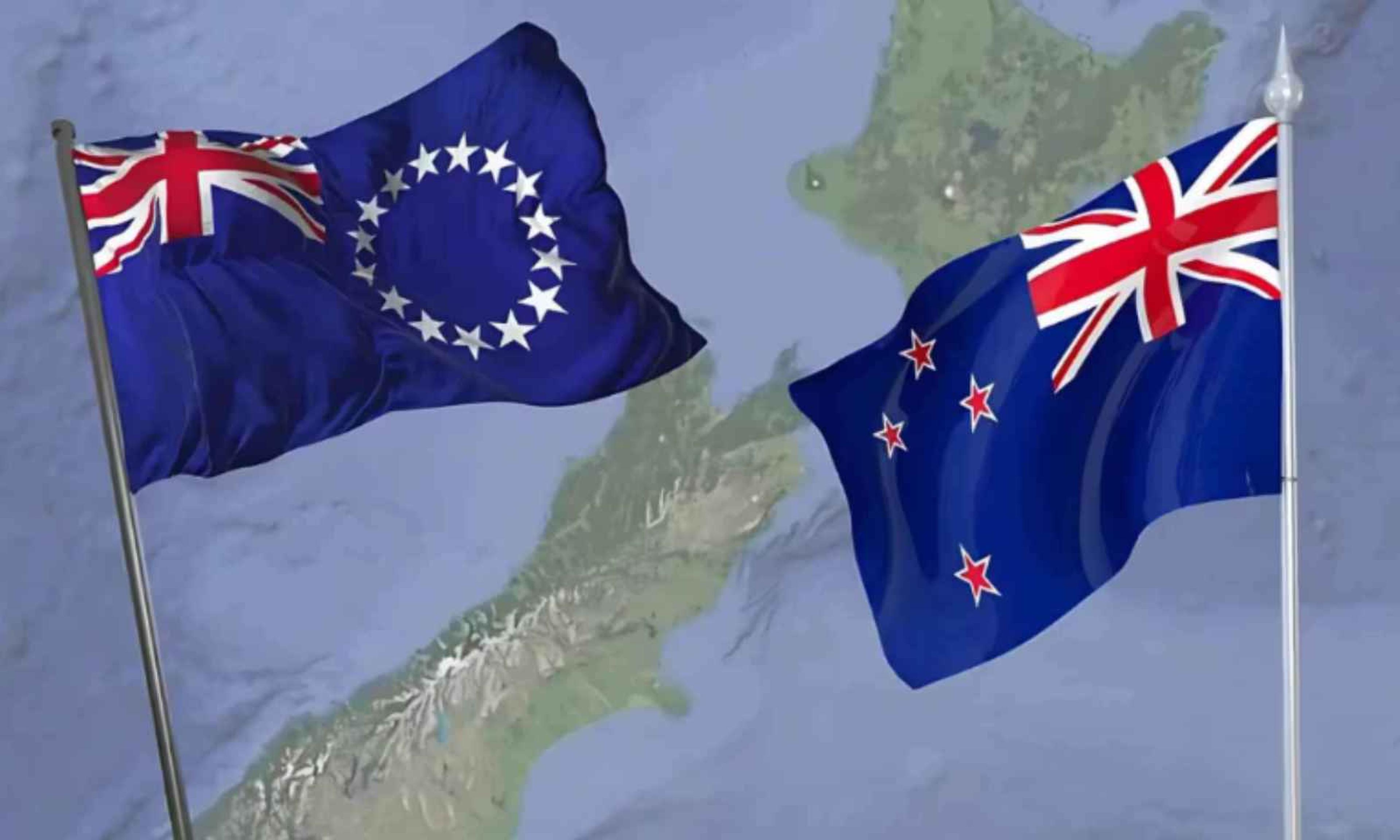

Alfriston College finishes Niue stage with a bang.
Photo/PMN News/Sariah Magaoa.
Polyfest50: ‘We are proud of who we are’
In a powerful display of Pacific heritage, over 10,000 students proudly showcase their language and culture.



Cook Islands projects still delayed as NZ funding suspension continues over tensions


Pacific leaders demand fair backing as Moana Pasifika cancels Tonga Super Rugby match


Immigration grants visa to injured NZ-born toddler after review

Cook Islands projects still delayed as NZ funding suspension continues over tensions


Pacific leaders demand fair backing as Moana Pasifika cancels Tonga Super Rugby match
The celebration of Polyfest’s 50th year was truly remarkable. It left a lasting impression by honouring the past, celebrating the present, and embracing the future of language and culture.
This year’s festival achieved a record high, with 77 schools and 291 groups participating, resulting in over 11,000 students participating across the four-day event.
Throughout the week, more than 100,000 people attended the festivities, showcasing the significance of this milestone anniversary.
The stages representing Māori, Tonga, Cook Islands, Niue, and Sāmoa highlighted their unique cultures with pride and joy, continuing the legacy of Polynesians in Aotearoa New Zealand.
Cook Islands stage: A legacy in motion
Key figures from various cultural stages are reflected in this iconic festival that unites thousands of students, whānau, and communities through performance, language, and legacy.
Junior Manapori, the Cook Islands stage manager, has been a part of Polyfest for 15 years.
He spoke with pride about the vibrant energy that filled the festival grounds and the significance of young people taking the stage to embrace and share their heritage.
“Every year, it’s been different, and every year, we’ve seen beautiful kids come through performing, representing their school, which has been key. That’s been the greatest thing about this work,” Manapori says.

Junior Manapori, Cook Islands stage manager. Photo/PMN News/Sariah Magaoa.
He reflects on the importance of preserving the culture and traditions of our ancestors.
“This legacy of Polyfest has been part of who we are as Pacific, and we’ve been brought up in terms of the learnings from our ancestors, from our grandparents and our parents now, to honour the traditions and cultures that we are very blessed with and who we identify ourselves as well.”
Manapori hopes Polyfest will continue for another 50 years and that schools will view it as a beautiful treasure for future generations.

Māori stage: Strength and unity
Brad Watkinson, Māori backstage coordinator and descendant of Te Rarawa Kaiwhare and Ngāti Kuri, describes Polyfest as a symbol of Polynesian strength and unity.
“I think [Polyfest] represents the strength, the unity of Polynesian cultures across the Tāmaki region,” he says.
“We’re alive and well, we’re here. We’re going to be here, we’re going to stay here, and we’re going to be here for another 50 [years].
While he acknowledges the disappointment of cancelling the Māori performances on Friday due to extreme weather conditions, he says safety is paramount.
Watkinson notes the growth of kapa haka and cultural representation since he performed 20 years ago.
“The growth kapa haka has achieved in the last 20 years … is exponential. If you look at the other stages as well, I think you’ll see a growth and evolution in all cultures.

Perth-based Māori group after their powerful performance on stage. Photo/PMN News/Sariah Magaoa.
Tonga stage: a celebration of identity
Fane Fusipongi Ketu’u, who has coordinated the Tonga stage for 15 years, reflects on the deep cultural pride that Polyfest inspires.
She says the joy of uniting with other Moana Pasifika communities to celebrate shared values, language, and identity is key.
“The people of the Moana Pasifika are here to celebrate together, and I just can’t explain the joy, the vibes, the place is alive with the Moana Pasifika people.
“And it indicates the fact that we are here to stay, and we are here to showcase our identity, our cultures, our values, our language, and to tell everyone that this is who we are.
“We’re celebrating the fact that we are proud of who we are,” Ketu’u says.

Dilworth School bringing their all on the Tonga stage. Photo/PMN News/Sariah Magaoa.
Niue stage: Embracing language
Lynette Parker Hay, cultural tutor for De La Salle College at the Niue stage, shares her passion for embracing language and cultural heritage.
“It feels really good [being here today] because it’s going on my fifth year now since I left the actual classroom, and I’ve been working with teacher training, and so being able to come back and spend some time with the boys has actually filled my cup quite a bit.”
She referenced her personal story about the importance of language transmission at home.
As a parent with mixed cultural backgrounds, she reflects on the challenges young people face in not just hearing but actively using and owning their cultural language.

Alfriston College with their captivating bright orange outfits on Niue stage. Photo/PMN News/Sariah Magaoa.
“I think for many of our young ones, they hear the language at home, but it’s a matter of how do I know how to produce the language so it becomes part of me as opposed to something that I just learned from Polyfest.
“It is a language that should be shared with everyone, not something that we should hold onto and be jealous about,” Hay says.
A festival of the people, by the people, and for the people
From the Cook Islands to Tonga, Māori to Niue, Polyfest continues to stand as a living legacy. It is a vibrant celebration of diversity, strength, language, and culture.
As the festival enters its 50th chapter, it reinforces its commitment to the values and heritage it has championed for decades.